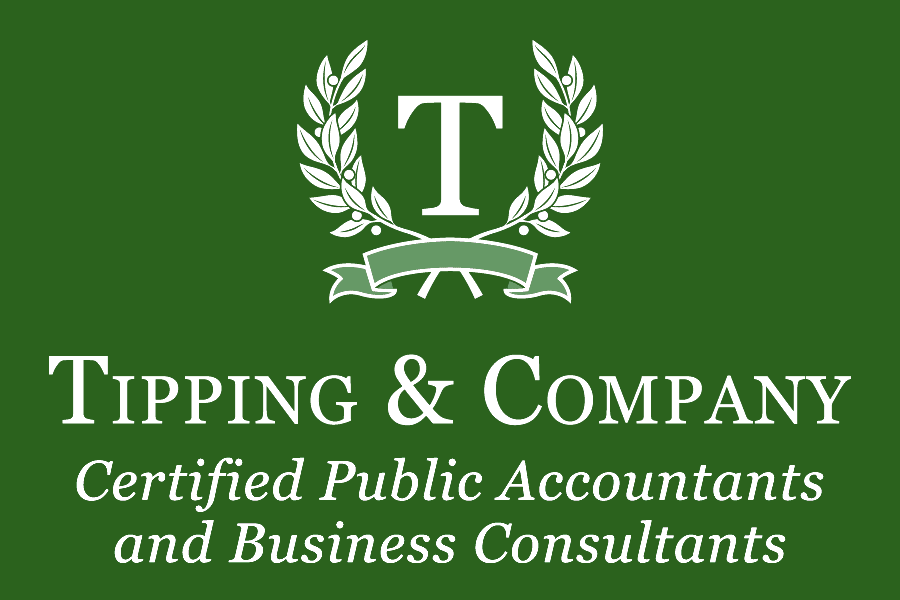Storing tax records: How long is long enough?
April 15 has come and gone and another year of tax forms and shoeboxes full of receipts is behind us. But what should be done with those documents after your check or refund request is in the mail?
Federal law requires you to maintain copies of your tax returns and supporting documents for three years. This is called the “three-year law” and leads many people to believe they’re safe provided they retain their documents for this period of time.
However, if the IRS believes you have significantly underreported your income (by 25 percent or more), it may go back six years in an audit. If there is any indication of fraud, or you do not file a return, no period of limitation exists.To be safe, use the following guidelines.
Business Records to Keep
- Correspondence with Customers and Vendors
- Duplicate Deposit Slips
- Purchase Orders (other than Purchasing Department copy)
- Receiving Sheets
- Requisitions
- Stenographer’s Notebooks
- Stockroom Withdrawal Forms
- Accident Reports, Claims
- Accounts Payable Ledgers and Schedules
- Accounts Receivable Ledgers and Schedules
- Bank Statements and Reconciliations
- Cancelled Checks
- Cancelled Stock and Bond Certificates
- Employment Tax Records
- Expense Analysis and Expense Distribution Schedules
- Expired Contracts, Leases
- Expired Option Records
- Inventories of Products, Materials, Supplies
- Invoices to Customers
- Notes Receivable Ledgers, Schedules
- Payroll Records and Summaries, including payment to pensioners
- Plant Cost Ledgers
- Purchasing Department Copies of Purchase Orders
- Sales Records
- Subsidiary Ledgers
- Time Books
- Travel and Entertainment Records
- Vouchers for Payments to Vendors, Employees, etc.
- Voucher Register, Schedules
- While federal guidelines do not require you to keep tax records “forever,” in many cases there will be other reasons you’ll want to retain these documents indefinitely.
- Audit Reports from CPAs/Accountants
- Cancelled Checks for Important Payments (especially tax payments)
- Cash Books, Charts of Accounts
- Contracts, Leases Currently in Effect
- Corporate Documents (incorporation, charter, by-laws, etc.)
- Documents substantiating fixed asset additions
- Deeds
- Depreciation Schedules
- Financial Statements (Year End)
- General and Private Ledgers, Year End Trial Balances
- Insurance Records, Current Accident Reports, Claims, Policies
- Investment Trade Confirmations
- IRS Revenue Agent Reports
- Journals
- Legal Records, Correspondence and Other Important Matters
- Minutes Books of Directors and Stockholders
- Mortgages, Bills of Sale
- Property Appraisals by Outside Appraisers
- Property Records
- Retirement and Pension Records
- Tax Returns and Worksheets
- Trademark and Patent Registrations
Personal Records to Keep
While it’s important to keep year-end mutual fund and IRA contribution statements forever, you don’t have to save monthly and quarterly statements once the year-end statement has arrived.
- Credit Card Statements
- Medical Bills (in case of insurance disputes)
- Utility Records
- Expired Insurance Policies
- Supporting Documents For Tax Returns
- Accident Reports and Claims
- Medical Bills (if tax-related)
- Sales Receipts
- Wage Garnishments
- Other Tax-Related Bills
- CPA Audit Reports
- Legal Records
- Important Correspondence
- Income Tax Returns
- Income Tax Payment Checks
- Property Records / Improvement Receipts (or six years after property sold)
- Investment Trade Confirmations
- Retirement and Pension Records (Forms 5448, 1099-R and 8606 until all distributions are made from your IRA or other qualified plan)
Special Circumstances
- Sales Receipts (keep for life of the warranty)
- Stock and Bond Records (keep for 6 years beyond selling)
- Warranties and Instructions (keep for the life of the product)
- Other Bills (keep until payment is verified on the next bill)
- Depreciation Schedules and Other Capital Asset Records (keep for 3 years after the tax life of the asset)
